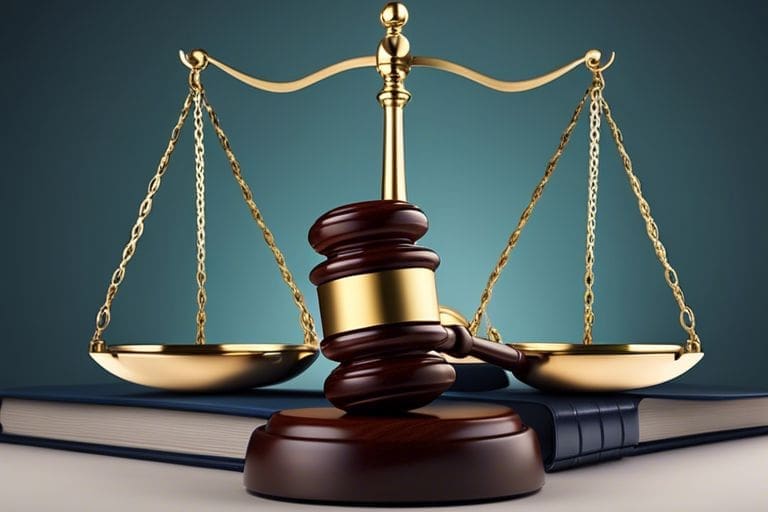Bankruptcy Law – Legal Options and Protections
Bankruptcy can be a daunting experience, but knowing your legal options and protections is crucial. Understanding the ins and outs of bankruptcy law can provide a sense of clarity and direction during a challenging time. From Chapter 7 to Chapter 13 bankruptcy, exploring your choices with the help of a knowledgeable attorney can lead to […]
Read More

